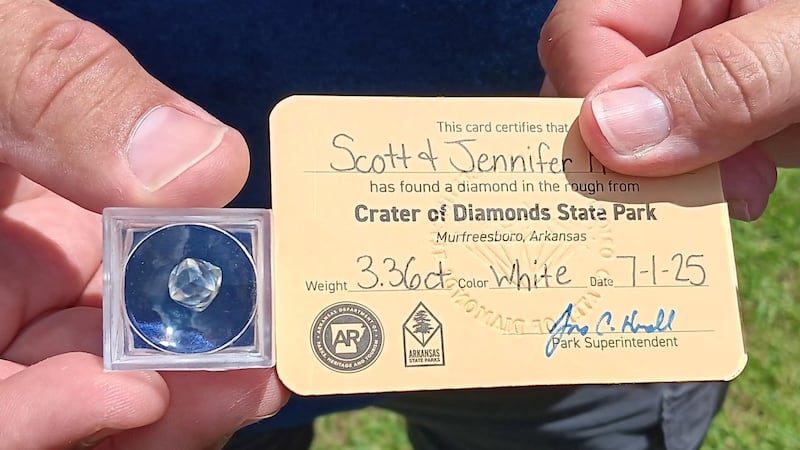JACKSONVILLE, Fla. — The 2023-2024 Right whale calving season ended on April 15. While the overall numbers were higher than in previous years, the Florida Fish and Wildlife Research Institute said mothers and calves need to survive at a higher rate.
>>> STREAM ACTION NEWS JAX LIVE <<<
Out of 19 total calves sighted this season, one of the calves died after being hit by a vessel. FWC said four more are presumed dead after they went missing.
[DOWNLOAD: Free Action News Jax app for alerts as news breaks]
FWC released highlights and lowlights of this year’s breeding season:
- The calf of Catalog #1612 ‘Juno’ was the first calf documented this season. Unfortunately, the calf was struck by a vessel (soon after it was born) and months later passed away from the severity of its injuries in early March.
- Four of the nineteen mothers sighted this winter are first-time mothers. One, Catalog #3780, was seen without her calf later in the season and it is presumed dead.
- The mothers ranged in age from 16 to greater than 42 years old. Five females who haven’t calved in 10 or more years returned to give birth this winter.
- The calf of Catalog #1301 ‘Half Note’ was observed with its mother only once, and in a thin body condition. This disappearance was not unexpected as Half Note lost her last five calves and all appeared thin before they died.
- The calf of Catalog #3260 ‘Skittle’ was also seen looking thin, then disappeared from its mother’s side. The young calf is presumed dead.
- Catalog #1950 died from a vessel strike injury and her approx. 3.5-month-old, dependent calf is presumed dead.
- Five of the twelve calves born last winter returned to the Southeast U.S. as healthy, newly independent yearlings. One of these yearlings was sighted by beachgoers off Brevard County in early February but sadly, was found floating dead near Savannah, GA ten days later. The young female was struck and killed by a vessel.
- No entangled right whales were sighted in the Southeast U.S. this winter, but Catalog #5120, a juvenile female, washed ashore dead in Massachusetts in January with rope from a chronic entanglement embedded in the tissue around the base of her tail.
Mothers and their calves will now head north to feed in areas such as Cape Cod Bay. They will continue to be monitored by research partners.
RELATED: Natural beauty! Two sightings of right whales remind us to be mindful of their important presence
“North Atlantic right whales are dying faster than they can reproduce,” FWC said. “That’s why every whale counts. Since 2017, these endangered whales have been experiencing an Unusual Mortality Event (UME), during which more than 20 percent of the population has been documented as sick, injured, or dead.”
Vessel strikes and entanglement in fishing gear are the leading causes of whale injuries and deaths.
FWC Fish and Wildlife Research Institute was a contributing source for this story.
[SIGN UP: Action News Jax Daily Headlines Newsletter]
Click here to download the free Action News Jax news and weather apps, click here to download the Action News Jax Now app for your smart TV and click here to stream Action News Jax live.









